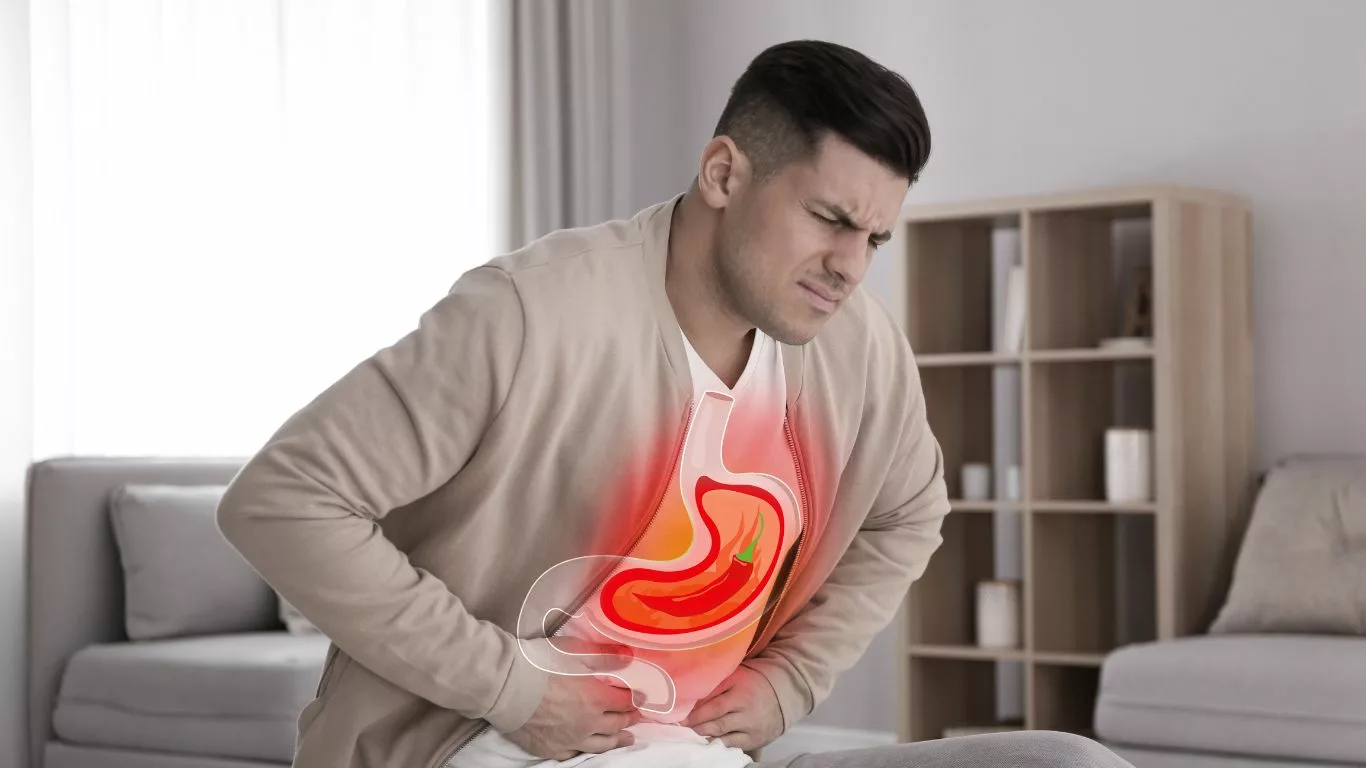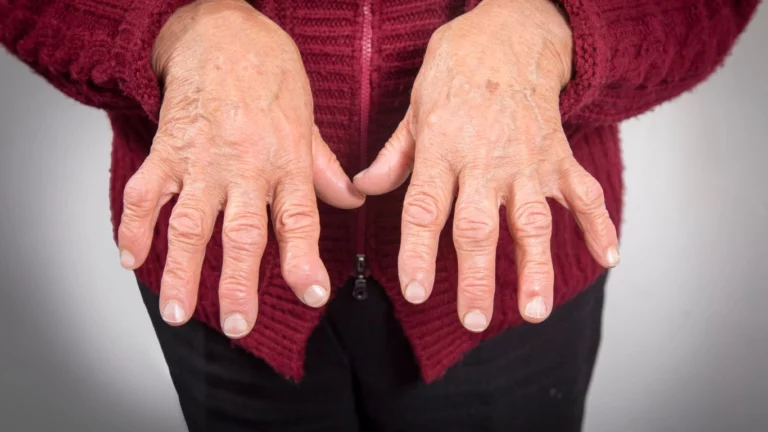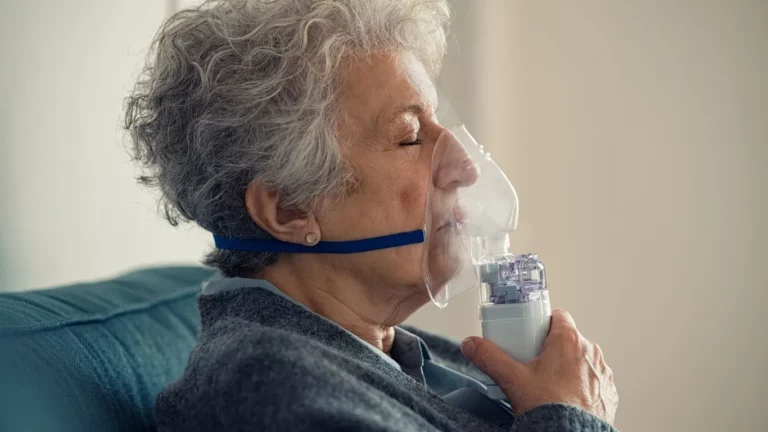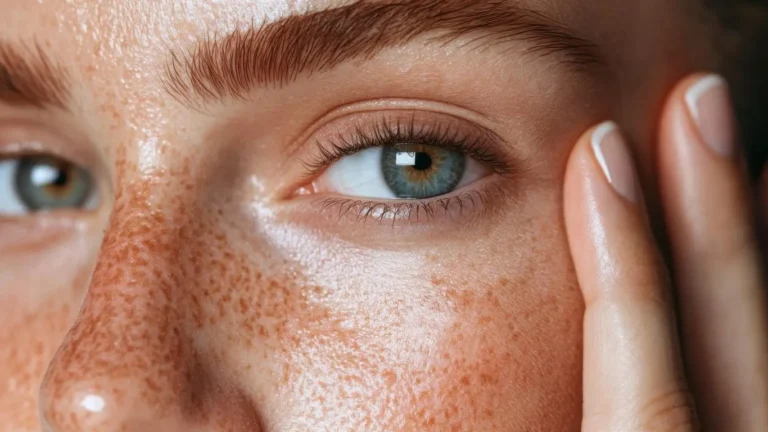Can Vitamin D Cause Acid Reflux? What You Need to Know
When I first started paying attention to my acid reflux, the last thing I expected to be questioning was my vitamin D supplement. I mean, isn’t vitamin D supposed to be the “sunshine vitamin” — good for bones, immunity, and overall wellness? But after a few too many evenings of uncomfortable heartburn and some digging through clinical research and patient forums, I began to wonder: can vitamin D actually cause acid reflux?
Understanding the Role of Vitamin D in the Body

Vitamin D is crucial for regulating calcium and phosphate in the body, supporting healthy bones, muscles, and even immune response. It’s mostly synthesized through sunlight exposure and found in foods like fatty fish, egg yolks, and fortified milk. When we don’t get enough from those sources, supplements are often recommended — and that’s where things can get tricky for people with digestive sensitivity.
There’s been growing chatter around whether high-dose vitamin D supplementation might aggravate symptoms of gastroesophageal reflux disease (GERD). Some people, including myself, have reported that taking vitamin D on an empty stomach or as part of a multivitamin cocktail seemed to trigger that familiar burning in the chest. But does science back this up?
Can Vitamin D Really Trigger Acid Reflux?

First off, it’s important to understand that vitamin D itself isn’t acidic. But the way it’s taken — and what it’s taken with — could indirectly play a role in triggering acid reflux. Let’s explore some of the ways this happens:
1. Supplement Form Matters
Some vitamin D supplements contain additional ingredients like calcium, magnesium, or oils, which might relax the lower esophageal sphincter (LES) — the barrier that keeps stomach acid from creeping up. When the LES is loose, hello reflux. For instance, magnesium is a known muscle relaxant that, while helpful for some, can backfire for others prone to reflux.
2. Timing and Food Pairing
Taking vitamin D on an empty stomach, especially first thing in the morning, can irritate some people’s GI tract. Fat-soluble vitamins like D are best absorbed with a meal — ideally one with healthy fats. If you’re downing your supplement with coffee instead of avocado toast, you might be setting yourself up for some serious discomfort.
3. Dosage and Frequency
According to the Mayo Clinic, excessive doses of vitamin D can lead to gastrointestinal symptoms like nausea, vomiting, and abdominal pain. While rare, these side effects could mimic or exacerbate acid reflux symptoms, especially if you’re already dealing with a sensitive esophagus.
The Link Between Vitamin D Deficiency and GERD

Interestingly, there’s also research suggesting that a lack of vitamin D might actually contribute to GERD. This twist makes the vitamin D story even more confusing — is it the cause or the cure?
One theory is that vitamin D plays a role in modulating inflammation and maintaining muscle strength, including that of the LES. A weakened LES, possibly due to chronic inflammation or poor muscle tone, can make reflux worse. A 2016 study published in *Scientific Reports* found that patients with low vitamin D levels were more likely to report GERD symptoms.
So it’s a double-edged sword: not enough vitamin D could weaken the LES, but taking too much (or the wrong type) might also irritate the system.
Real-Life Experiences: Why Some People Report a Reaction

I’ve read countless personal accounts — and experienced it myself — of reflux flaring up after starting a vitamin D regimen. Sometimes the fix is simple: switch brands, reduce the dose, or take it with a bigger meal. But it’s not always so straightforward.
For example, in combination with other triggers like caffeine, acidic fruits, or lying down too soon after a meal, that innocent vitamin capsule might just push things over the edge. One reader emailed me saying they only noticed the problem after switching to a high-dose D3 softgel paired with calcium citrate — both of which can relax the LES.
Should You Stop Taking Vitamin D If You Have GERD?

Not necessarily. If your doctor has prescribed it due to a deficiency, it’s important to correct that. But you can absolutely take steps to make your supplement GERD-friendly:
- Take it with a full, balanced meal — preferably with healthy fats like olive oil, salmon, or nuts.
- Avoid taking it before bed, as this is when reflux tends to worsen.
- Consider splitting the dose — smaller amounts throughout the week may be better tolerated.
- Choose a simple formulation — avoid unnecessary fillers or additives that might be irritating.
And of course, if symptoms persist or worsen, talk to your healthcare provider. They may test your vitamin D levels and recommend an alternate delivery method, such as sublingual drops or injections.
For a deeper dive into treatment options and how lifestyle changes can impact reflux, check out our guide on GERD lifestyle changes that actually work.
Could Vitamin D Help GERD in the Long Run?

Despite some people experiencing short-term irritation from vitamin D supplements, emerging research suggests that correcting a deficiency may offer protective benefits against GERD and its complications. A healthy level of vitamin D may support immune function, reduce inflammation, and even help regulate esophageal motility.
Several studies have highlighted how chronic inflammation can disrupt gut function and compromise the integrity of the gastrointestinal lining. Vitamin D, known for its anti-inflammatory properties, may help calm the fire — literally. According to a review published in the World Journal of Gastroenterology, vitamin D receptors are found throughout the digestive tract, suggesting it plays a broader role than we once assumed.
That’s why some gastroenterologists now consider vitamin D levels when managing persistent reflux symptoms, especially in patients who don’t respond well to antacids or PPIs.
Smart Ways to Supplement Without Aggravating Acid Reflux

Vitamin D isn’t the enemy — but the way we take it might need tweaking. Here’s what’s worked for me and others in the reflux community:
- Switch to a non-oily, dry form of vitamin D3 if softgels trigger symptoms. Powders or tablets might be gentler on your stomach.
- Opt for morning intake with breakfast — especially with healthy fats like nut butter or eggs — to aid absorption without late-day reflux.
- Check what’s bundled with it. Some “bone health” formulas combine D3 with calcium carbonate, a known reflux trigger. If possible, separate them.
- Try sublingual or liquid drops that bypass the stomach and are absorbed directly into the bloodstream via the mouth’s mucous membranes.
And honestly, sunlight exposure is still one of the best ways to get vitamin D — just 10–30 minutes a few times a week, depending on skin tone and weather, can often help maintain levels without supplementation at all. But of course, that’s not always feasible if you live in cloudy places or spend most of your day indoors.
Are You Taking the Right Dose?

The typical recommended dietary allowance (RDA) for vitamin D is around 600–800 IU per day for adults, depending on age. But some people take doses upwards of 2000 IU or more, especially if they’ve been diagnosed with a deficiency. While high-dose therapy can be appropriate under medical supervision, it’s not something to DIY.
High doses of vitamin D over time can lead to toxicity — and while rare, the first signs often involve nausea, abdominal cramps, and acid-like stomach upset. If you’re unsure, a simple blood test can determine your current vitamin D status and whether you actually need to supplement.
Some people also make the mistake of thinking more is better, but when it comes to vitamin D and GERD, balance and moderation are key. You don’t want to tip your gut environment out of whack trying to fix one issue.
Vitamin D and the Gut Connection: What We’re Still Learning

There’s also a fascinating (and still developing) conversation around how vitamin D influences the gut microbiome — the trillions of bacteria that live in our digestive tract. Some researchers believe that sufficient vitamin D levels may help maintain a healthier microbial balance, reducing systemic inflammation and potentially soothing GERD symptoms indirectly.
While we don’t have all the answers yet, it’s worth watching. Digestive issues are rarely caused by just one thing, and vitamin D may be one of several small puzzle pieces that fit into a bigger picture of gut and esophageal health.
For more on this big-picture approach, don’t miss our foundational guide: GERD symptoms you shouldn’t ignore.
What to Ask Your Doctor If You’re Concerned

Before you toss your vitamin D into the trash, schedule a conversation with your healthcare provider. Ask them:
- Could my dose of vitamin D be irritating my stomach?
- Would a different form of the supplement be easier to tolerate?
- Is it possible that I need to raise my vitamin D levels to help with reflux?
- Can I get tested for vitamin D deficiency before continuing or stopping my regimen?
Your doctor may also assess for other underlying causes of reflux symptoms, like H. pylori infection, low stomach acid, or medication side effects. Remember, supplements can be helpful, but they’re not harmless.
And if you’re also juggling multiple GI symptoms — like bloating, nausea, or back pain — you might want to check out our deep dive on how acid reflux can lead to back pain, which overlaps with similar triggers.
Bottom Line: Stay Informed, Stay Balanced

If vitamin D is playing a role in your reflux — whether by helping or hurting — you’re not imagining things. This isn’t just a “side note” in gut health; it’s a piece of the conversation that deserves more awareness, especially for those of us who’ve had to experiment and self-advocate our way to better digestion.
So no, you don’t necessarily need to fear your daily D. But it’s wise to be curious, ask the right questions, and customize your approach. After all, what works for someone else’s body isn’t automatically the right fit for yours.

Camellia Wulansari is a dedicated Medical Assistant at a local clinic and a passionate health writer at Healthusias.com. With years of hands-on experience in patient care and a deep interest in preventive medicine, she bridges the gap between clinical knowledge and accessible health information. Camellia specializes in writing about digestive health, chronic conditions like GERD and hypertension, respiratory issues, and autoimmune diseases, aiming to empower readers with practical, easy-to-understand insights. When she’s not assisting patients or writing, you’ll find her enjoying quiet mornings with coffee and a medical journal in hand—or jamming to her favorite metal band, Lamb of God.






